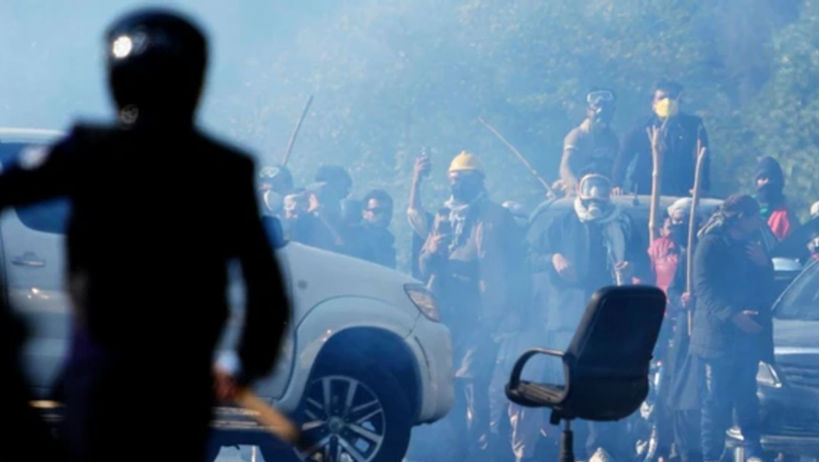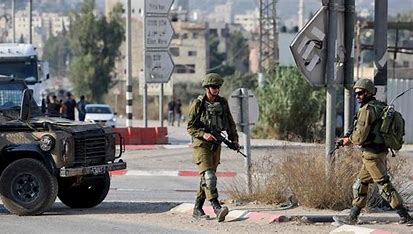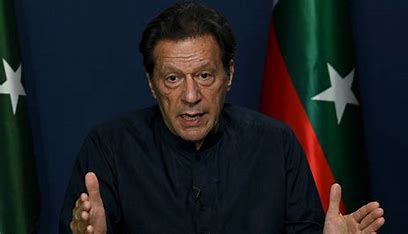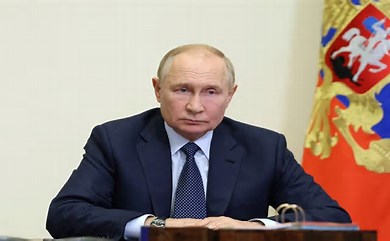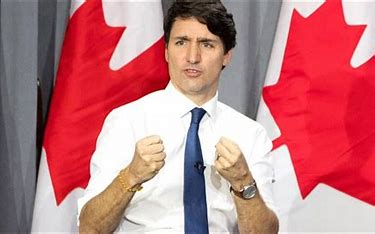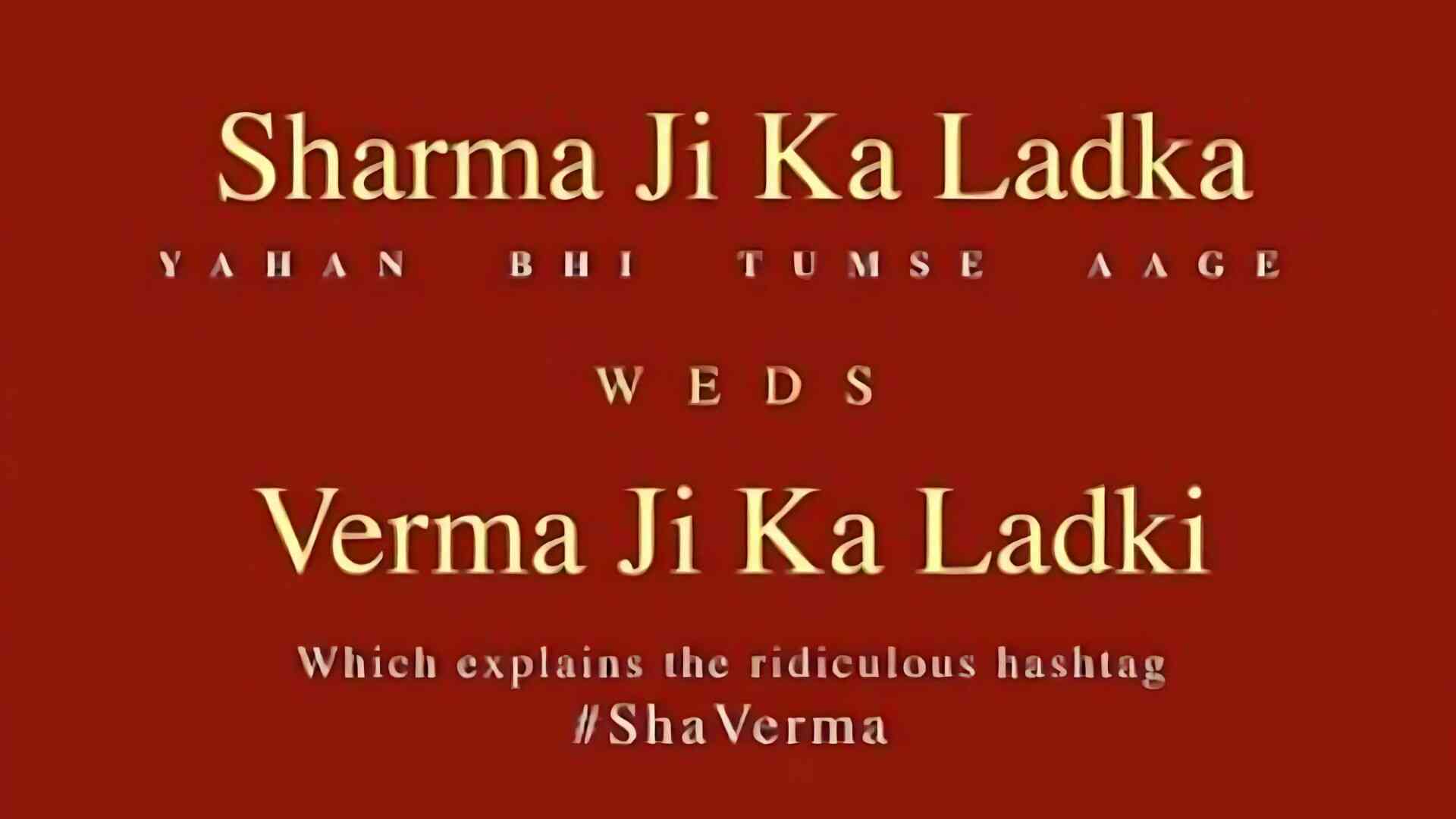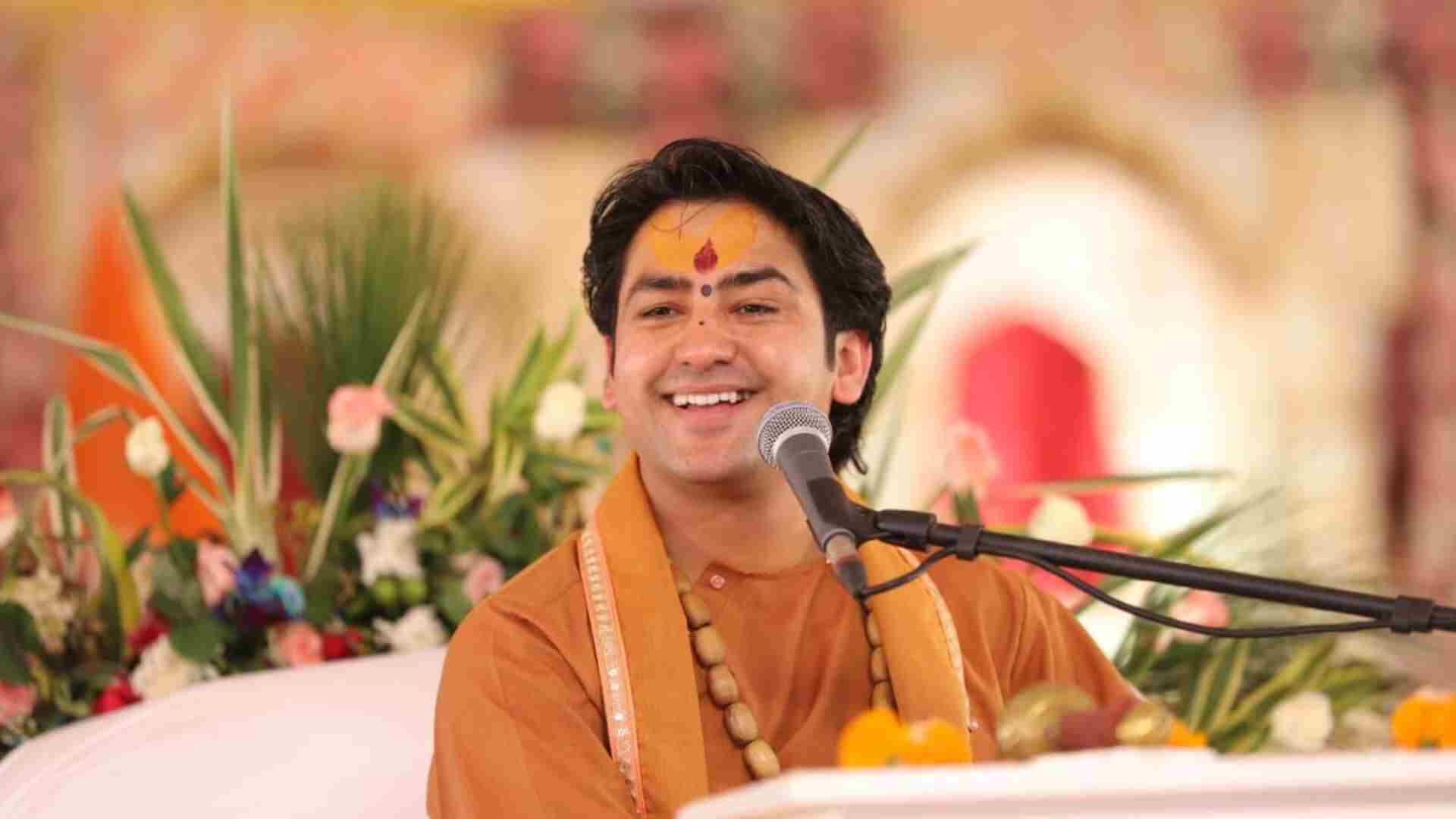
In the BJP’s recent candidate lists for the upcoming Lok Sabha elections, a total of 267 candidates have been announced, with approximately 21% of incumbent MPs not being fielded again from their constituencies. This strategic move is aimed at addressing potential anti-incumbency sentiments, with decisions being influenced by feedback gathered from grassroots levels. The selection of candidates carries weight as the BJP sets its sights on securing 370 seats independently in the upcoming polls, representing an increase of 67 constituencies from its 2019 tally.
The first list, unveiled on March 2, saw 33 MPs, including notable figures like Pragya Thakur, Ramesh Bidhuri, and Parvesh Verma, being replaced despite announcing 195 candidates. Subsequently, the second list released on Wednesday saw 30 MPs out of 72 names being replaced. Out of the total 267 candidates named in both lists, 140 sitting MPs have been retained, while 67 have been left without tickets. Noteworthy is the decision of two MPs, including Gautam Gambhir, to not contest.
In the second list, Maharashtra and Karnataka each saw 20 candidates announced, followed by seven from Gujarat, six from Telangana and Haryana, five from Madhya Pradesh, and two each from Delhi, Uttarakhand, and Himachal Pradesh, with one from Dadra and Nagar Haveli. Delhi witnessed the replacement of six sitting MPs, with only Manoj Tiwari being fielded again. Similarly, out of the 20 candidates announced for Karnataka, 11 MPs were replaced, while in Maharashtra, 14 MPs were retained, and five were replaced.
In Gujarat’s second list, only three out of seven sitting MPs were repeated, with prominent figures like Union Minister Darshana Jardosh being omitted. In Haryana, three sitting MPs were repeated, two were replaced, and a new candidate was introduced for a seat following the incumbent MP’s demise. Telangana, where the BJP had previously secured four seats, saw one MP being retained and one ticket being canceled. In Madhya Pradesh, two sitting MPs were repeated, two were omitted, and a new candidate was nominated for the Chhindwara constituency, which the BJP lost in 2019.
Both MPs from Himachal Pradesh mentioned in the second list were retained, including Union Minister Anurag Thakur, while both Uttarakhand MPs were replaced. Additionally, Tripura witnessed the replacement of an MP, and the Dadra and Nagar Haveli MP, formerly aligned with the Uddhav Thackeray faction of the Shiv Sena, will now contest on a BJP ticket.
Why MPs were dropped?
The BJP has made the decision to exclude 21% of its MPs, primarily due to controversies surrounding them, with some possibly attributed to their under-performance in their respective constituencies. Additionally, the party’s inclination to offer opportunities to the new generation to enter politics and exhibit their capabilities may have contributed to this decision. Notably, the omission list features prominent figures such as Pragya Thakur, Parvesh Sahib Singh Verma, and Ramesh Bidhuri, whose controversial statements both within and outside Parliament have drawn significant attention.
These three leaders have been at the center of controversies, prompting the party to drop them as a clear warning. For instance, in Bhopal, Pragya Thakur has been replaced by Alok Sharma, whose nomination in the past sparked controversy due to her involvement in the 2008 Malegaon bombings case and subsequent controversial statements, including referring to Nathuram Godse as a “patriot.”
Another surprising omission is West Delhi MP Parvesh Sahib Singh Verma, known for his strong support base but also for his provocative remarks, particularly during the Shaheen Bagh protests and a call for a boycott seemingly targeted at Muslims.
Likewise, South Delhi MP Ramesh Bidhuri, who made Islamophobic remarks directed at Amroha MP Danish Ali during a Lok Sabha discussion in September last year, has also been omitted from the list, despite offering an apology later.
Other prominent Delhi MPs dropped include Meenakshi Lekhi and Harsh Vardhan. The BJP, which secured all seats in the national capital in the 2019 polls, faces a united Opposition this time.
Sources within the BJP have indicated that several factors, including electability, are taken into account when selecting candidates. “Winnability is very important. Many MPs, it was found, were unpopular in their constituencies,” noted a party leader.
